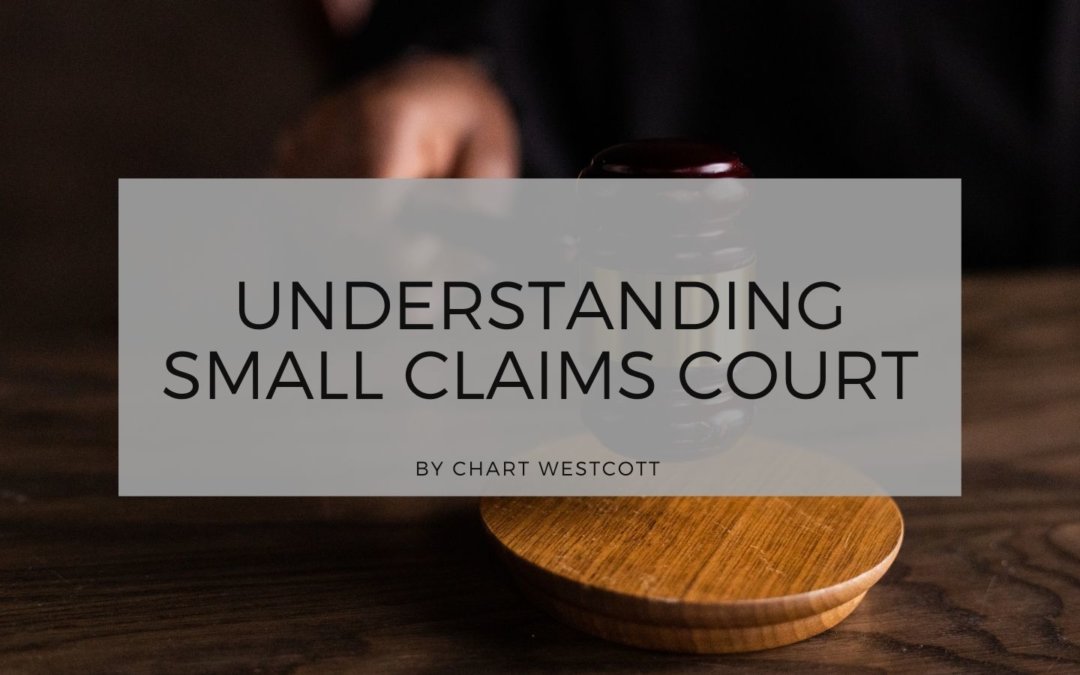People use small claims court to settle disputes when they don’t have the funds to hire an attorney. The process is swift, inexpensive and the claim amount in most states is capped at $10,000.
Both parties in smalls claim court will act as their representative. And the person who loses is required to pay a monetary settlement. This means if someone stole property, they would be required to pay cash damages rather than return the property.
There are many things to consider before you run out and file a small claims suit against someone. Even though the procedures are not as stringent as a regular court case, having a good plan in place is essential.
Ask the following questions:
- Do I have a solid case?
- Do I have the time and energy to devote to the case?
- Am I satisfied with a money claim?
- Am I asking for less than $10,000
- Is settling the claim an option?
- Have I gone past the statute of limitations?
- Is my case proveable?
- If I win, how do I collect the money?
There are places you can go to get help before you file a claim. The Neighborhood Justice Center is a free alternative that can answer all of your questions and provide you with a step by step approach to your lawsuit.
You can go to your local courthouse and pick up a Small Claims form. You can also get a downloadable version online. To avoid any delays, make sure your forum is filled out in its entirety.
The first thing that usually happens after you file your claim to send the defendant a Demand Letter. Once that takes place, the process generally goes very quickly. If a defendant fails to answer the complaint that was served, a default judgment will be issued. This means that the plaintiff will win by default. On the other hand, if the plaintiff fails to show, the case will be dismissed.
In most states, the losing party does have the opportunity to appeal within a certain amount of time. For more information, check out the resources within your state.
